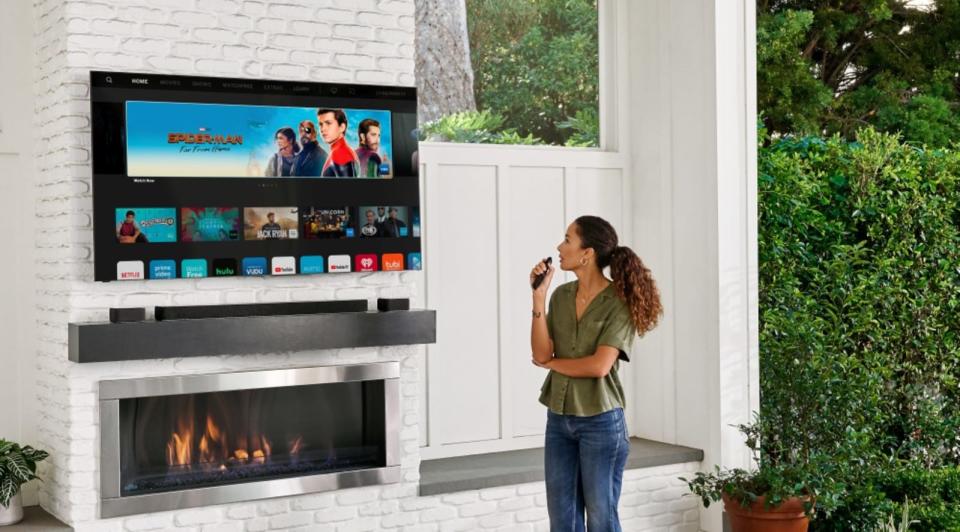Engadget has been testing and reviewing consumer tech since 2004. Our stories may include affiliate links; if you buy something through a link, we may earn a commission. Read more about how we evaluate products.
Google Play now supports Samsung's HDR10+ alternative to Dolby Vision
Vizio, OnePlus and Xiaomi are also onboard.
Samsung unveiled HDR10+ as a way to bring HDR tech on par with Dolby Vision without paying Dolby's royalties. So far, it hasn't attracted a lot of other TV makers and content distributors besides Panasonic and Amazon. However, Samsung has now announced two significant new partners in both those areas with Vizio TVs and Google Play streaming. That should make it easier for consumers to not only find HDR10+ content, but play it back as well.
Google Play Movies & TV will start streaming stream HDR10+ content from its UHD library, though there's no word yet on which titles will get the feature. In addition, you'll be able to pick up new Blu-ray HDR10+ titles including X-Men: Dark Phoenix, Fast & Furious Presents: Hobbs & Shaw and It: Chapter Two from 20th Century Fox, Universal and Warner Brothers respectively.

Vizio is one of the top TV brands in the US and is popular among the budget-conscious set. It didn't say if it will upgrade existing TVs with HDR10+ or whether the feature will only come to new models. In any case, it won't affect current Vizio owners much, as many Vizio models support Dolby Vision, which is available on both Amazon Prime Video and Netflix. Still, it could give HDR10+ itself a minor usage boost.
On top of Google Play and Vizio, Samsung also announced that OnePlus, Oppo, Realme and Xiaomi are supporting HDR10+ on mobile devices. (OnePlus and Xiaomi also make TVs, but there's no word that those devices will get the feature.) HDR10+ support is also coming Onkyo home theater AV receivers.
Much like Dolby Vision, HDR10+ delivers a better HDR viewing experience than HDR10, because image metadata is encoded into every single frame. That's done carefully by the artists in charge of encoding films from major post-production companies like Deluxe, Technicolor and Pixelogic. Unlike Dolby Vision, the HDR10+ group doesn't charge royalty fees to filmmakers and TV manufacturers.
However, most consumers don't really care about that and most would choose Dolby Vision over HDR10+ due to name recognition alone. Unless it really causes TV prices to drop a lot, Samsung is probably fighting an uphill battle to get it widely adopted.

 Yahoo Lifestyle
Yahoo Lifestyle 

